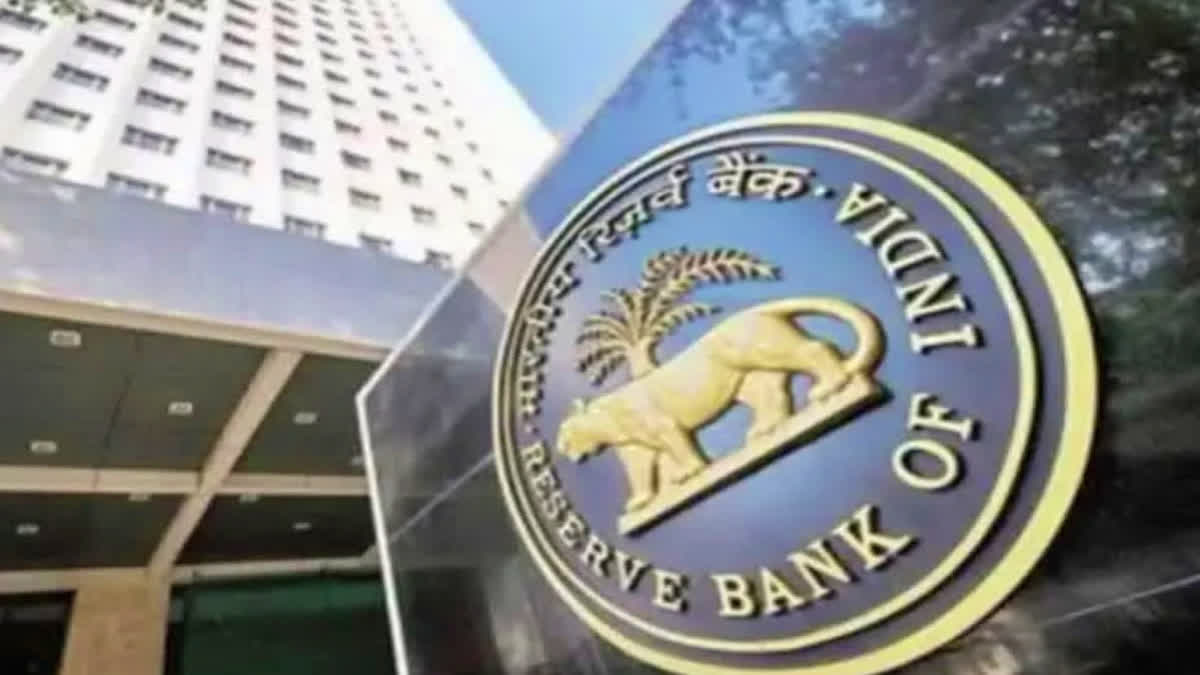New Delhi: The Reserve Bank of India, in its first monetary policy review meeting in 2023-24, decided to keep the key benchmark interest rate -- the repo rate -- unchanged at 6.5 per cent, to assess the effects of the policy rate tightening done so far. The central bank conducts six bi-monthly reviews of its monetary policy in a financial year.
At the last MPC meeting of the RBI in early February, it decided to raise the repo rate by 25 basis points to 6.5 per cent to manage inflation. Raising interest rates is a monetary policy instrument that typically helps suppress demand in the economy, thereby helping the inflation rate decline.
Barring Thursday's pause, the RBI has raised the repo rate by 250 basis points cumulatively since May 2022 in the fight against inflation. In February, India's retail inflation stood at 6.44 per cent, while in January, it was at 6.52 per cent. India's retail inflation was above RBI's 6 per cent target for three consecutive quarters and had managed to fall back to the RBI's comfort zone only in November 2022.
Following are excerpts of views from analysts, economists and experts on the RBI's monetary policy meeting outcome:
Madan Sabnavis, chief economist, Bank of Baroda
The policy has its share of surprise with a unanimous decision to keep the repo rate unchanged. This goes along with a tint of optimism compared with its outlook in the February policy. The GDP forecast is up marginally to 6.5 per cent and inflation down to 5.2 per cent. Though the difference is just 0.1 per cent (10 basis points) for both variables, the sentiment has been boosted as reflected in the market with 10-year yields moving down. This will ensure that yields remain stable.
The MPC is working on a premise that base effect will lower inflation in coming months but has a ringfenced view that the no rate change policy holds only for this policy. Hence, further rate hikes have not been ruled out if the inflation path changes. On the whole, a very balanced and nuanced view has been taken which ensures stability in this status quo situation while not committing to the future path that will be data-driven.
Charan Singh, CEO, EGROW Foundation
As you read the governor's statement, it was an excellent policy that he announced, and the pause button that it has exercised this time is very good. It's expected inflation will be under control because the economies are recovering. We have great growth potential. The green shoots which are appearing in the economy would be well served.
I think the decision of the governor is absolutely appropriate to provide a positive message. Governor did say they are alert and that is how it should be. On Growth: We will continue to be the fastest-growing economy in the world. We may be growing at 6.4 per cent or 6.5 per cent. My own personal view is that we could be easily touching 7 per cent growth if other things are normal. On inflation: I think the inflation forecast that the governor has made is appropriate. And in these forecasts, a pause is certainly the right thing to do.
Also read: RBI decides to keep repo rate unchanged at 6.5 pc
CRISIL, Market Intelligence and Analytics
Unless inflation rises above RBI's forecast, we expect the central bank to pause and watch the impact of past rate hikes on growth and inflation. The RBI will need to closely monitor any spillovers from global market volatility, even as a slowdown in rate hikes by major central banks offers partial relief. As growth slowdown seeps in and inflation moderates, we expect the RBI to cut rates by the end of this fiscal.
Siddhartha Khemka, Head, Retail Research, Motilal Oswal Financial Services
The decision came as surprise after the majority of the central banks around the world continued to increase rates in an effort to tame stubbornly high inflation. Rate pause and encouraging domestic economic data continue to provide a positive undertone to the market. However, given the backdrop of global uncertainties and fear of the US recession, we might see range-bound movement in the near term. (ANI)



